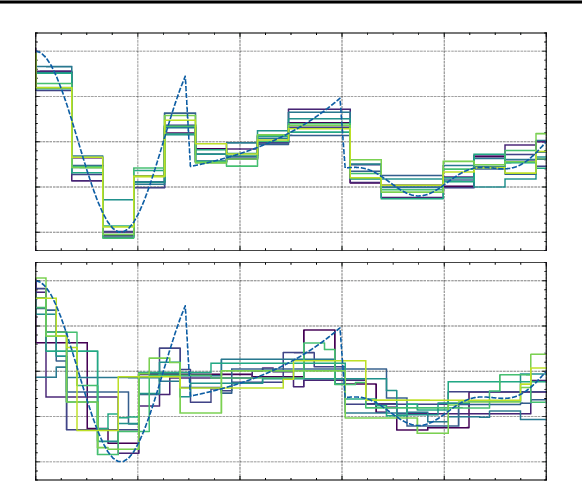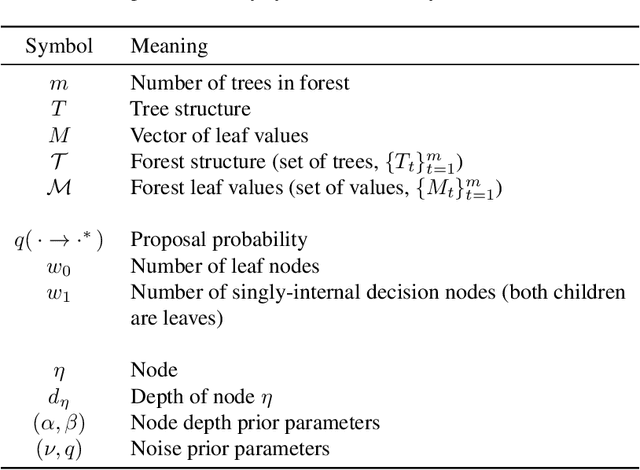Toby Boyne
The Catechol Benchmark: Time-series Solvent Selection Data for Few-shot Machine Learning
Jun 09, 2025Abstract:Machine learning has promised to change the landscape of laboratory chemistry, with impressive results in molecular property prediction and reaction retro-synthesis. However, chemical datasets are often inaccessible to the machine learning community as they tend to require cleaning, thorough understanding of the chemistry, or are simply not available. In this paper, we introduce a novel dataset for yield prediction, providing the first-ever transient flow dataset for machine learning benchmarking, covering over 1200 process conditions. While previous datasets focus on discrete parameters, our experimental set-up allow us to sample a large number of continuous process conditions, generating new challenges for machine learning models. We focus on solvent selection, a task that is particularly difficult to model theoretically and therefore ripe for machine learning applications. We showcase benchmarking for regression algorithms, transfer-learning approaches, feature engineering, and active learning, with important applications towards solvent replacement and sustainable manufacturing.
BARK: A Fully Bayesian Tree Kernel for Black-box Optimization
Mar 07, 2025



Abstract:We perform Bayesian optimization using a Gaussian process perspective on Bayesian Additive Regression Trees (BART). Our BART Kernel (BARK) uses tree agreement to define a posterior over piecewise-constant functions, and we explore the space of tree kernels using a Markov chain Monte Carlo approach. Where BART only samples functions, the resulting BARK model obtains samples of Gaussian processes defining distributions over functions, which allow us to build acquisition functions for Bayesian optimization. Our tree-based approach enables global optimization over the surrogate, even for mixed-feature spaces. Moreover, where many previous tree-based kernels provide uncertainty quantification over function values, our sampling scheme captures uncertainty over the tree structure itself. Our experiments show the strong performance of BARK on both synthetic and applied benchmarks, due to the combination of our fully Bayesian surrogate and the optimization procedure.
BoFire: Bayesian Optimization Framework Intended for Real Experiments
Aug 09, 2024
Abstract:Our open-source Python package BoFire combines Bayesian Optimization (BO) with other design of experiments (DoE) strategies focusing on developing and optimizing new chemistry. Previous BO implementations, for example as they exist in the literature or software, require substantial adaptation for effective real-world deployment in chemical industry. BoFire provides a rich feature-set with extensive configurability and realizes our vision of fast-tracking research contributions into industrial use via maintainable open-source software. Owing to quality-of-life features like JSON-serializability of problem formulations, BoFire enables seamless integration of BO into RESTful APIs, a common architecture component for both self-driving laboratories and human-in-the-loop setups. This paper discusses the differences between BoFire and other BO implementations and outlines ways that BO research needs to be adapted for real-world use in a chemistry setting.
 Add to Chrome
Add to Chrome Add to Firefox
Add to Firefox Add to Edge
Add to Edge